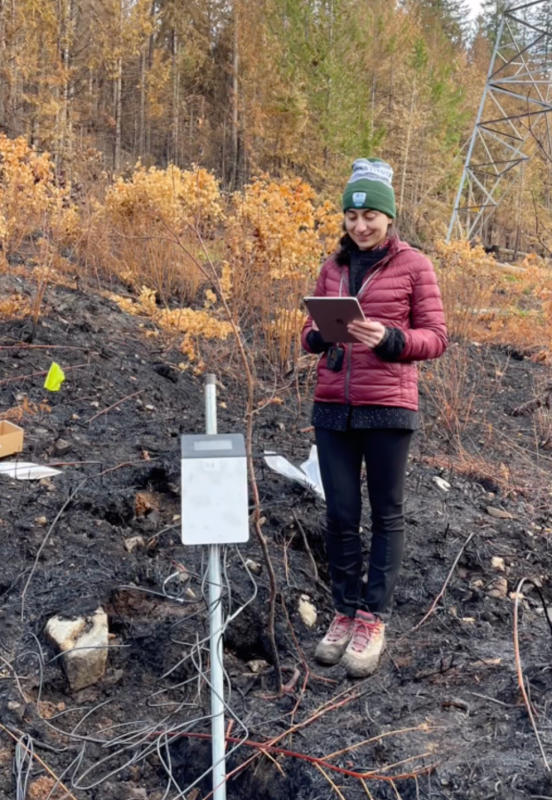Geotechnical and Geoenvironmental Engineering


We study the interface between the natural and built environments with an emphasis on ensuring the sustainability and resilience of the world’s infrastructure through large-scale testing, field studies, and numerical simulations. Special topics of interest include:
- Scour and Erosion, including the development of new tools to assess scour potential in situ
- Infrastructure Resiliency, including defining serviceability limit states for dams and levees
- Offshore Energy Storage, through means such as compressed air for tidal and wind energy sources
- Soil Improvement, including soil nailing, compaction grouting, and cementation
- Earthworks Studies, including assessment of cut and fill criteria and engineered soil behavior
- Seabed Mechanics, including wave-induced response of coastal structures
- Geotechnical Earthquake Engineering, including soil liquefaction
- Modeling and Computing, including fuzzy and neural network models
- Granular Mechanics, including granular mixtures and discrete element method modeling
Faculty
Related Courses
| Course Number | Course Name | Fall | Spring |
| CE 548 | Engineering Properties of Soils | C, D | |
| CE 549 | Soil and Site Improvement | TBD | TBD |
| CE 584 | Hydraulics of Groundwater | C, D, E | |
| CE 593S | Dynamics of Soils and Foundations | C, D, E | |
| CE 593U | Unsaturated Soil Mechanics | TBD | TBD |
| CE 741 | Geomechanics of Stress and Deformation | C, D, O | |
| CE 742 | Deformation and Instability of Soils | TBD | TBD |
| CE 744 | Foundation Engineering | C, D, E | |
| CE 746 | Soil Dynamics and Earthquake Engineering | C, D | |
| CE 747 | Geosynthetics | C, D, O | |
| CE 793B | Physico-chemical and Biological Aspects of Soil Behavior | C, D, O | |
| CE 793N | Modeling and Computing in Geotechnical Engineering | TBD | TBD |
Graduate Requirements
The Master of Science (MS) degree requires a minimum of 30 semester hours of graduate study, including a thesis of no more than 6 credit hours. The Master of Civil Engineering (MCE) degree requires a minimum of 30 semester hours of graduate study and must include three hours of independent study with a written report. This degree is also available by distance education through Engineering Online.
Coursework for the Doctor of Philosophy (Ph.D.) normally includes about one year of full-time study beyond either MS or MCE degrees. A dissertation reporting the results of an original investigation with contributions to the current state of knowledge is required. Other requirements include one academic year of residence and the passing of a written and oral qualifying examination. While a formal minor cannot be designated, supporting courses outside of the major are encouraged.
Facilities and Centers
Constructed Facilities Laboratory (CFL)
Department of Homeland Security Center of Excellence – Natural Disasters, Critical Infrastructure, and Emergency Management